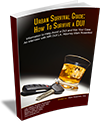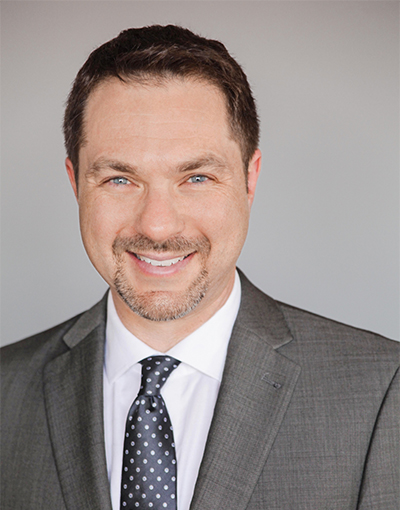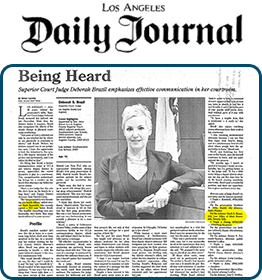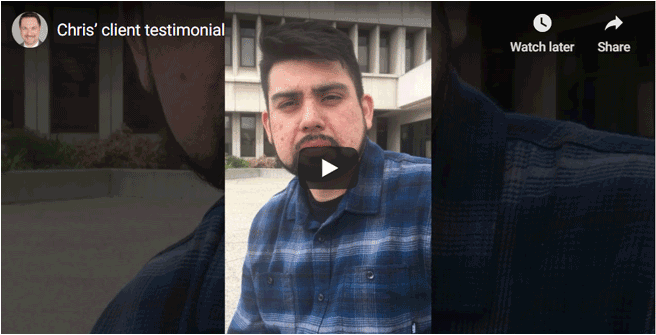If you are facing a DUI charge that is being tried at the Metropolitan Courthouse in Los Angeles (serving Echo Park, Silver Lake, USC, Downtown LA, and Koreatown), having an experienced Los Angeles DUI lawyer in your corner is paramount. The legal ramifications, cost, and loss in social standing associated with a conviction can set your life on a difficult course that is challenging to overcome, which makes seeking the professional legal guidance of a criminal defense attorney with considerable experience successfully guiding DUI cases toward beneficial resolutions an excellent place to start.
The Cost of a Conviction
The cost of being convicted for DUI in the LA area is hefty (the idea is to deter people from driving drunk after all), and can include all the following:
- Property damage to your own vehicle and to that of any other car involved (as applicable)
- Bail to get you out of jail
- The cost of having your car towed and/or impounded
- Legal and court fees
- The cost of alternative transportation in the face of a lost driver’s license
- License reinstatement fees
- DUI education program costs
- Probation fees
- Any loss of work (if driving is a work requirement)
All told, the price of hiring a seasoned DUI attorney near me – who knows the ins and outs of the Metropolitan Courthouse in LA – can be a real bargain. Having savvy legal guidance in your corner can mean the difference between an advantageous outcome and one that is far less so.
The Basic Components of Your DUI Charge
In order to charge you with DUI and to move forward with a conviction, the prosecution (or the state) must prove that specific elements are satisfied beyond a reasonable doubt, which means – in essence – that it would be unreasonable not to believe in the veracity of the claim at hand. It’s important to point out here that beyond a reasonable doubt is a high bar. The prosecution has the burden of proving your guilt in relation to driving while under the influence, which means it must demonstrate that there was probable cause to arrest you in the first place, that you had – in fact – been driving, and that your blood alcohol concentration (BAC) was above the legal limit (or that your ability to drive safely was impaired).
Probable Cause
In order for a police officer to pull you over or stop you in the first place, he or she must have probable cause for doing so. Probable cause amounts to a reason for believing that you were breaking the law in some capacity. For example, if you were weaving in and out of traffic, the officer likely has plenty of probable cause for pulling you over under suspicion of driving under the influence of alcohol and/or drugs. Other common examples of probable cause for pulling a driver over include the following:
- Speeding
- Driving too slowly
- Hesitating at a green light
- Straddling the middle of two lanes or driving in multiple lanes generally
- Failing to stop for a red light or stop sign
- Passing illegally
- Otherwise driving erratically
Probable cause, however, is not always this blatant. For example, failing to dim one’s high beams, having a broken headlight, or even having expired license tags will suffice. If the officer has probable cause – or a valid reason – for pulling you over, the first element of the DUI charge is met, and from here, the officer is very likely to ask you to take a field sobriety test if he or she has further reason to suspect you of being impaired. Examples of further reasons include:
- Smelling of alcohol
- Having red and/or bloodshot eyes
- Having dilated pupils
- Slurring one’s speech
- Exhibiting erratic behavior
You Were Driving
In order to convict you of DUI, the officer must demonstrate that you were driving in the first place, and the most obvious way to establish this element of the charge is by having pulled you over to begin with. If, however, you are already on the side of the road, are in a parking lot, or are otherwise stopped, proving that you were driving probably cannot be achieved through direct observation, which means that circumstantial evidence will need to be gathered. Such evidence can take all of the following into account:
- Where the keys to the car were when the officer stopped
- Where you were in relation to the driver’s seat (and in relation to the car keys)
- Whether or not there were other people seated in or standing around the car
- How warm – or not – the car’s engine felt when the officer stopped
Your BAC
Finally, the officer must prove that you were intoxicated (or driving under the influence of alcohol). The BAC limit set by the law is 0.08 percent, but vehicle codes in California include no specific percentage. This means that if the officer finds there is probable cause to believe you are under the influence, he or she can arrest you even if you are below the accepted legal maximum of 0.08 percent BAC. In other words, it’s complicated, and bringing your strongest defense from the outset is critical.
Implied Consent in California
The State of California has what are known as implied consent laws, which means that anyone who takes to the state’s roads is deemed to have given consent for chemical testing of either his or her blood or breath for the purpose of determining his or her BAC. This implied consent only holds, however, if you have already been lawfully arrested for DUI. Until such a time, you retain the right to refuse a breath, blood, or urine test.
Reach out to an Experienced LA Criminal Defense Lawyer
If a DUI charge has been levied against you and your case is being heard at the Metropolitan Courthouse in Los Angeles (serving Echo Park, Silver Lake, USC, Downtown LA, and Koreatown), you need a practiced DUI attorney with a successful track record defending complicated DUI cases through this specific court system. Mark Rosenfeld at the Law Office of Mark Rosenfeld is the right attorney for you and ready to help. For more information, contact us here or call us at 310-424-3145 today.






 Personal Attention
Personal Attention Every criminal case is unique and no attorney can guarantee the outcome of a case. The information on this site is legal advertising and for general information only. Using this site, requesting books, information, consultations or communicating with Attorney Rosenfeld through its site does not form an attorney/client relationship.
Every criminal case is unique and no attorney can guarantee the outcome of a case. The information on this site is legal advertising and for general information only. Using this site, requesting books, information, consultations or communicating with Attorney Rosenfeld through its site does not form an attorney/client relationship.








